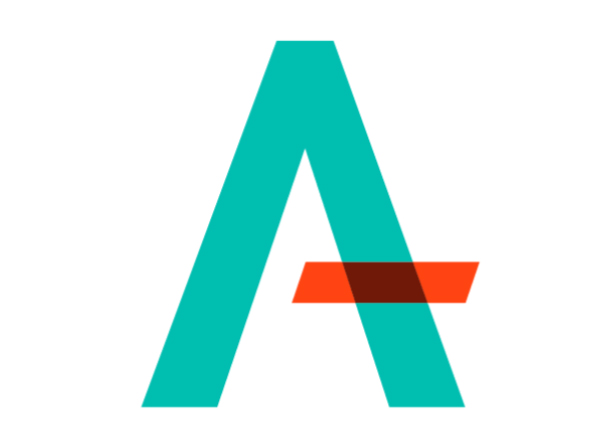Publishing giant Pearson recently released that the company had been inserting "social-psychological interventions" into its learning software throughout 2017. According to an article by Education Week, Pearson's most recent research involved more than 9,000 unwitting students at 165 different colleges and universities without consent from participating institutions or individuals. The article states that "the company embedded 'growth-mindset' and other psychological messaging into some versions of one of its commercial learning software programs."
Pearson's project used "social-psychological interventions", also known as social emotional learning (SEL) in K-12 schools. Rather than putting more effort into teaching genuine academic content, many schools are beginning to concentrate on probing children's personalities and shaping students into the kind of people "society" desires.
As an experiment in people-shaping, last year Pearson "embedded 'growth-mindset' and other psychological messaging" into software used in college computer science classes. Pearson distributed its software randomly to 165 colleges and universities.
The report Pearson presented did not address the ethical violation of ignoring the consent requirement. The only commenter Education Week found who flagged the absence of consent was Ben Williamson, a lecturer at a British university who said, "It's especially troubling... that the company did not seek informed consent from the young people who became subjects in their study."
Failure to obtain consent from the research subjects illustrates the dangerous road that lies ahead for students from pre-K through college. Those who back SEL research assume that corporations and schools have the right to conduct psychological experiments on unsuspecting students. The point of the Pearson experiment, as well as other SEL schemes, is not just to help students do their best, but to alter their behavior and personalities in fundamental ways.
Corporations and educational software centered around controlling the attitudes, beliefs, and ways in which students think about themselves presents a great danger to society. Parents need to be aware of the companies and platforms being used in their school districts in order to remain the primary educator of their children.

